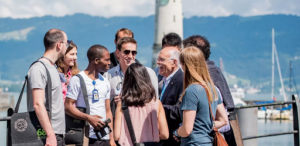
The annual Lindau Nobel Laureate Meeting is a tradition during which Nobel laureates gather and interact with early career scientists, sharing research and enjoying discussions about science and other topics. The meeting in 2021 was virtual, but this year the scientists were able to meet in person in Lindau, Germany from June 26 to July 1. About 35 Nobel laureates attended, as well as early career scientists from all over the world.
As part of a UC program, four Lab scientists participated in this year’s event, which focused on Chemistry. The participants from the Lab included: Energy Sciences Area’s Chaochao Dun (Molecular Foundry), Katherine Sytwu (Molecular Foundry), and Jennifer Wacker (Chemical Sciences Division), and from the Energy and Environmental Sciences Area (EESA)’s Michael Whittaker.
Research News caught up with the Berkeley Lab attendees, asking the following question:
Describe one particular moment at Lindau. What was special about it?
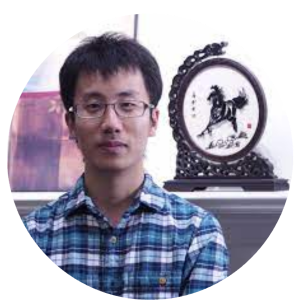
Chaochao Dun, Molecular Foundry
Dr. Randy W. Schekman’s story touched me, and many of us. I was deeply impressed by his enthusiasm for science to benefit all mankind and his willingness to share his passion with young scientists. Following his wife Nancy’s death from Parkinson’s disease, he is coordinating a new approach to basic research into the disease, for which there is no cure at this stage. Dr. Schekman noted that “The challenge is great, but the will is to make progress on this fatal disease.” Scientists should be like this, working not only out of academic interest, but also out of selfless love for family and society, even if the road to scientific research is long.
Read about Dr. Schekman’s talk at the Lindau Nobel Laureate Meeting.
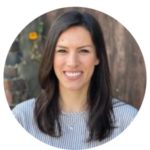
Jennifer Wacker, Chemical Sciences Division
During a dinner event, I sat next to Dr. Jean-Marie Lehn who received the Nobel Prize in Chemistry for the “development and use of molecules with structure-specific interactions of high selectivity.” For the next couple of hours, several other young scientists and I conversed with Dr. Lehn about a wide range of topics that spanned collaborations across borders, the pursuit of new ideas, and our favorite molecules. At several points, he would start drawing a chemical reaction or compound on his dinner napkin to ensure we all really understood his point. For me, this moment truly exemplified the uniqueness of the Lindau Nobel Laureate Meeting. Over a meal, young scientists from around the world and a Nobel laureate considered strategies to address complex problems, while also being reminded of our excitement and curiosity of science by simply drawing our favorite molecules on a napkin. I returned to LBNL feeling inspired by the laureates, energized by the other young scientist attendees, and motivated to bring that inspiration and energy to my postdoc work at the Lab.
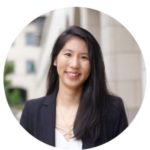
Katherine Sytwu, Molecular Foundry
At Lindau, I really enjoyed the spontaneous interactions and conversations I had with other early career researchers. One day while waiting for lunch, two participants behind me were discussing automated methods to classify molecules via spectroscopy. I joined in since I was interested in the topic, and this led to a longer discussion on the detection of molecules, surface science, and academic systems in different countries. Later on in the week, I ran into them again and we had yet another long discussion on our challenges and experiences with mentoring, both as mentors and mentees. Not only were these conversations intellectually stimulating, but I also found it eye-opening to hear from very diverse perspectives on more systematic issues, especially given the wide international backgrounds of the participants. I also really appreciated the conference format, which promoted these chance interactions and discussions with other participants and Nobel laureates, especially as these interactions are sometimes harder to come by at larger conferences as a younger, less connected researcher.
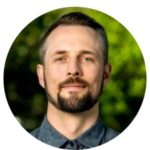
Michael Whittaker, EESA, Energy Geoscience Division
Chemist Sir David MacMillan really changed the way I approach science. In his keynote address he emphasized his interest in finding generality in catalysis mechanisms, in his words, “knowing how to react any functional group with any other to produce a desired product.” The idea is that the catalysts he designs would be broadly useful by any chemist, and not specifically designed for one industry or application. His statement drew a chuckle from the audience, in part because it seemed so far-fetched but also in part because he may actually be able to achieve it! What I took away from his lecture is that identifying big and generally important problems is essential for doing exceptional science, and that even partial solutions to these larger problems can lead to profound advances.
The meeting website offers blog posts and a photo gallery from the event. The 2023 Lindau Nobel Laureate Meeting, focusing on Physiology and Medicine, will take place from June 25 to 30, 2023. Applications are closed, but you can contact the Career Pathways Office (pathways@lbl.gov) for information about applications to attend future meetings.

